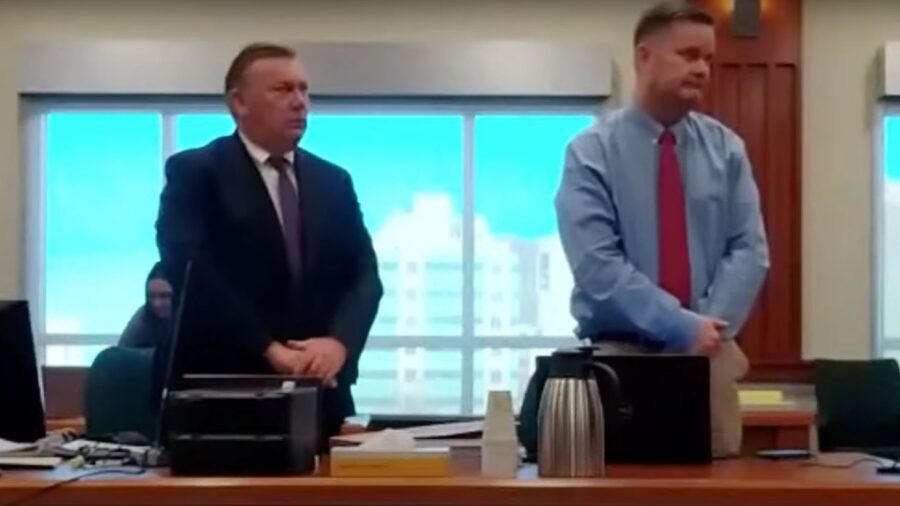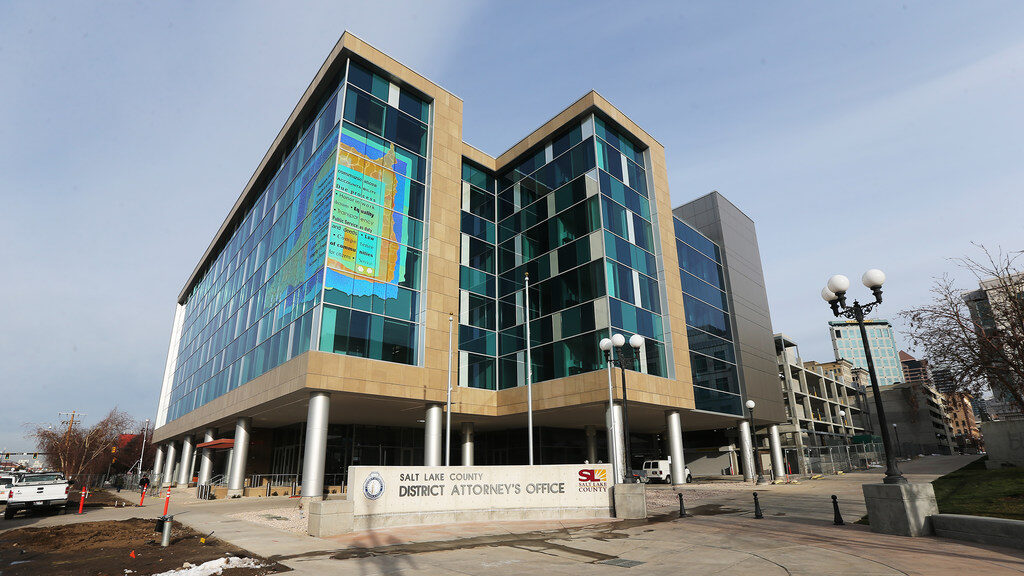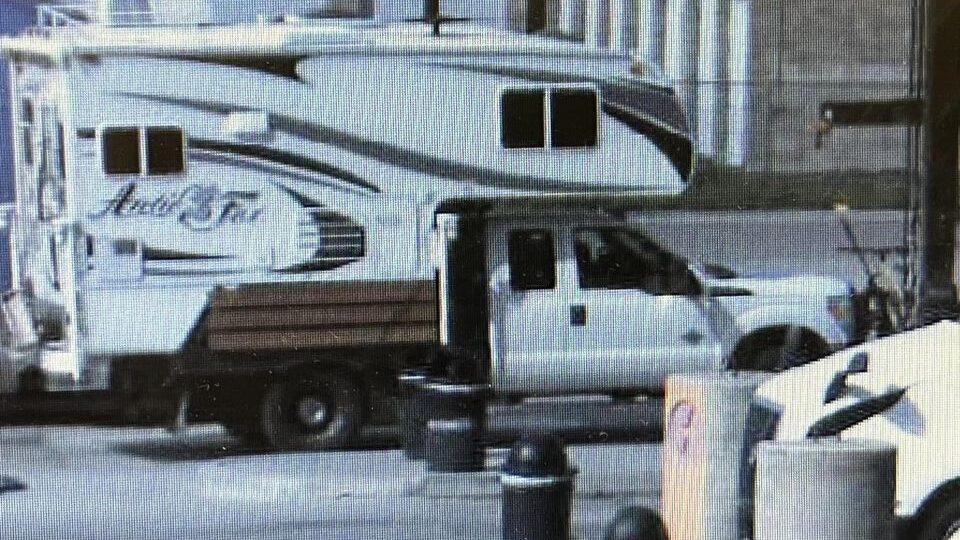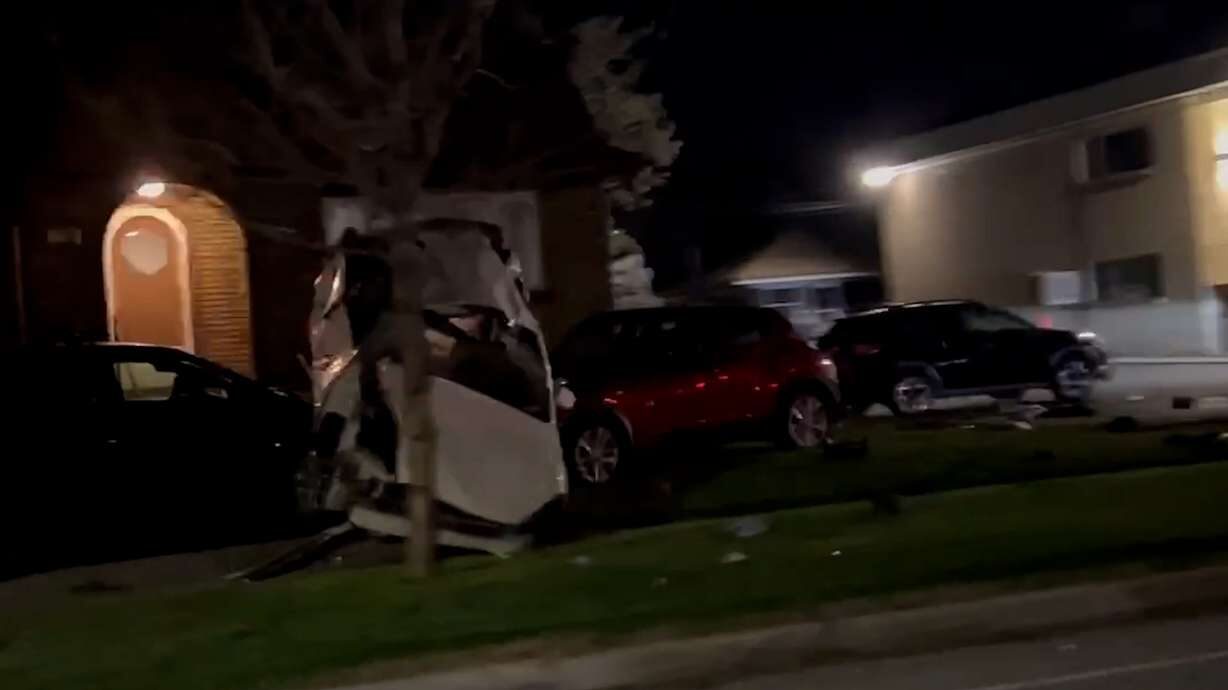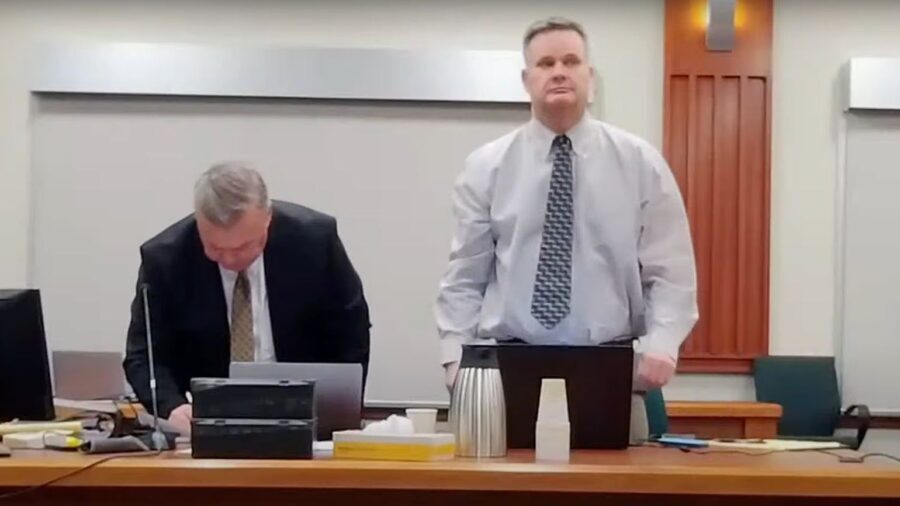Jury awards parents of Susan Powell $98.5 million in children’s deaths
Jul 31, 2020, 5:26 PM | Updated: Dec 30, 2022, 11:22 am
TACOMA, Wash. — The parents of missing West Valley City woman Susan Powell won a $98.5 million judgement in a courtroom here today, bringing a close to the latest chapter in a decade-long drama rising from Powell’s disappearance in 2009.
“All states will remember this,” Susan Powell’s father, Chuck Cox said. “Not that I expect [Washington state] will pay it. But the fact that the award was made tells them ‘you have to do something different’ … ‘you have to protect the safety of the children.'”
Cox and his wife, Judy Cox, sued Washington’s Department of Social and Health Services in 2013. The lawsuit centered on the circumstances leading up to the Feb. 5, 2012 killings of their grandsons, Charlie and Braden Powell, at the hands of their father, Josh Powell. He was at the time the sole suspect in his wife’s disappearance. However, Josh Powell was never arrested or charged with a crime related to what police believed was Susan Powell’s murder.
Read more: COLD details the disappearance of Susan Powell
Why the parents of Susan Powell sued
Josh Powell lost custody of his sons in September of 2011, on the same day deputies from the Pierce County (Washington) Sheriff’s Office arrested his father, Steve Powell on suspicion of voyeurism and possession of child pornography. Investigators discovered the elder Powell’s trove of home video recordings the month prior, while serving a search warrant at his home on the outskirts of Puyallup, Wash.
Josh Powell and his sons had been living with Steve Powell since January of 2010. That raised concerns for social workers, who believed Steve Powell’s home was an unsafe environment for the children. After a brief stay in a foster home, DSHS placed Charlie and Braden, then six and four years old respectively, with the parents of Susan Powell, their grandparents.
The placement rankled Josh Powell, who held highly antagonistic views toward his in-laws. He undertook legal efforts to regain custody of his sons almost immediately. In the months that followed, a DSHS investigator closed an investigation into Powell after finding no evidence that he had neglected or mistreated his sons. Pierce County Judge Kathryn Nelson subsequently approved moving supervised visits between Powell and the boys from a secure facility into a home Powell rented in the neighboring community of Graham.
In their lawsuit, the Coxes accused the social workers of ignoring their own policies and guidelines regarding domestic violence screening. Attorney Anne Bremner, one member of the Cox’s legal team, contended Josh Powell’s status as a suspect in the presumed murder of his wife made him an obvious risk.
“It should have been clear to these case workers that they needed to look at domestic violence because Josh was a suspect in the disappearance and potential homicide of his wife,” Bremner said.
Justice delayed by appeals and coronavirus
Just reaching the point of presenting that argument to a jury proved difficult.
The Coxes initially filed the suit in Pierce County Superior Court. It was subsequently moved into U.S. District Court, where a judge ruled the state agency and its staff were shielded from the claims by governmental immunity. The Coxes appealed that ruling to the U.S. 9th Circuit Court of Appeals. In January of 2019, the appellate court returned a split decision, finding the individual social workers were immune but the agency itself was not.
From there, the case returned to the District Court, which passed it back to Pierce County Superior Court.
In February of 2020, Judge Stanley Rumbaugh opened trial proceedings before a jury of 11 men and one woman. He initially blocked out five weeks for the trial. However, in mid-March, Washington shut down its courts in response to the burgeoning crisis of the Covid-19 pandemic.
Anne Bremner worried the pandemic might derail the case permanently.
“I was very, very worried about that,” Bremner said. “But also that if we reconvened that we might have a second spike and then it might end in a mistrial.”
Courts reopen
By June, Covid-19 case counts were declining and courts across Washington were slowly reopening. Judge Rumbaugh notified the parties he intended to resume the trial. However, attorneys representing DSHS filed an emergency appeal to the Washington Supreme Court, seeking a further delay. The high court ultimately declined to hear that request, clearing the way for the trial to resume in mid July.
The jurors, who spent four months away from the courtroom, came back to serve. Chuck Cox said their willingness to return inspired him.
“To a person on the jury, they all said ‘no, we’ll wait, we want to come back and finish this,'” Cox said.
The decision
Closing arguments in the trial came on July 29, 2020. Then, on the morning of July 30, the jury began its deliberations. By the afternoon of July 31, word circulated they had reached a decision. Judge Rumbaugh called the parties together to announce the decision.
“Was the state of Washington negligent? Answer: yes,” Rumbaugh said, reading from the jury’s form. “Was such negligence a proximate cause of injury to the plaintiffs? Answer: yes.”
Next, Rumbaugh detailed the jury’s findings regarding damages.
Damages set
In opening arguments months earlier, attorney Ted Buck had asked the jury for a substantial financial penalty against the state. He had said that was the only way to force Washington to change course and prioritize the safety of children in protective custody.
The jurors appeared to take that to heart. They set damages for each child at $57.5 million, for a combined total of $115 million. They then deducted from that total the amount of roughly $16.5 million, attributing that share of financial responsibility to Josh Powell. As a result, the parents of Susan Powell stand to receive $98.5 million.
Chuck Cox said the staggering figure isn’t likely to come any time soon. He anticipates the state of Washington will appeal or challenge the jury’s result. But he says he plans to use any money he does receive advocating on behalf of domestic violence prevention.
“There’s not much else you can do with it because you can’t bring them back,” Cox said.
The Washington Attorney General’s Office referred questions about the outcome of the trial to the Washington Department of Children, Youth and Families. A spokesperson for that agency did not respond to a request for comment.



